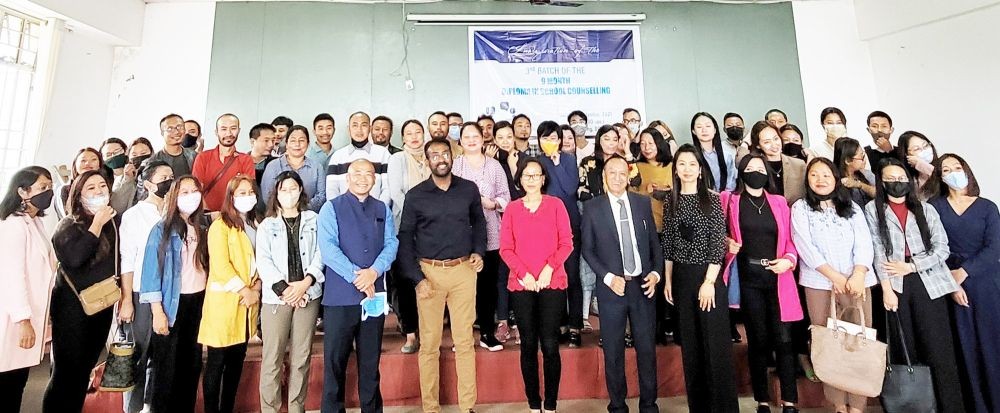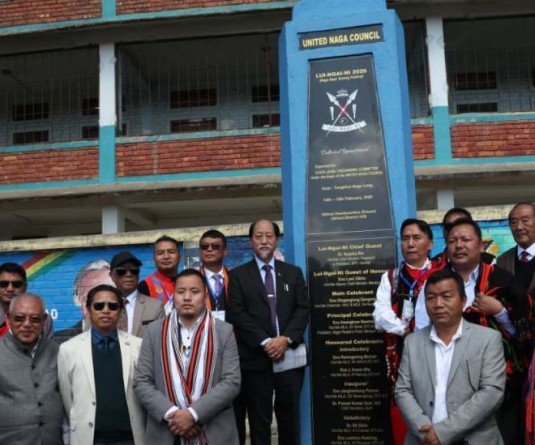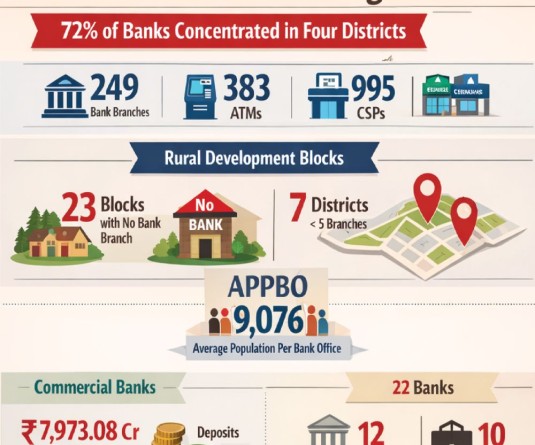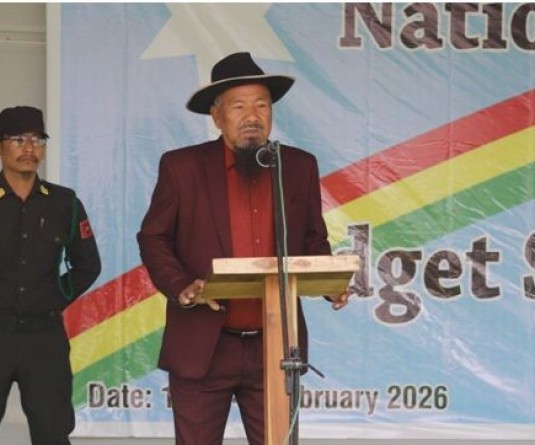Nagaland Director of School Education, Shanavas C and other dignitaries with trainees during the launching programme of the 3rd batch of a 9 month diploma in school counseling in Kohima on September 2. (Morung Photo)

Our Correspondent
Kohima | September 2
The need for a clear cut state policy on school counseling in Nagaland was highlighted today at a State Council of Educational Research & Training, (SCERT) Nagaland event in Kohima.
The programme, sponsored by the Samagra Shiksha Nagaland, was held to launch the 3rd batch of a 9 month diploma course on school counseling at SIEMAT Hall, Kohima.
Dr Zavise Rume, Professor & Head, Guidance & Counseling Cell, SCERT Nagaland, while speaking at the launch, said that a state policy on school counseling is required to regulate school counseling programmes, supervision, licensing and recruitment issues.
Principal Director of School Education, Shanavas C, lauded the SCERT Nagaland for introducing the diploma course in school counseling. Stating that the pandemic has been tough for all, especially students, he said that counseling can help children with issues of anxiety, depression etc.
Adolescence is a very tricky phase where children can be influenced into bad habits and whatever incidents that an adolescent faces in this phase stays with her/him throughout their life, he noted.
Addressing the trainees, Shanavas C encouraged them to be compassionate towards the children who are the future of society.
Toll on students’ mental health
N Chumchanbeni Kikon, Additional Director & HoD, SCERT Nagaland meanwhile said that the uncertainty of the times has taken a toll on the mental health of students. “It has become the responsibility of teachers to take care and render guidance and counseling service simultaneously with the teaching and learning process,” she said.
Kikon informed that the third phase of the guidance and counseling programme is designed for 60 school teachers across the state.
Kelhikha Kenye, Deputy Mission Director, Samagra Shiksha, Nagaland said that the Government of India has allotted 60 seats for in-service government teachers to take up the diploma course. Further, he hoped that one day the trained teachers will be deputed as full time counselling teachers in all the districts.
Counseling is an integral part of the educational process, Dr Zavise Rume stated, while emphasizing that the need for counseling services is increasing in the context of the Right to Education (RTE) Act. “There is a need to focus on physiological, emotional and psychological well being of the students,” he stressed.
The future of counseling
Dr Rume noted that SCERT Nagaland was the first SCERT in the country to introduce the Diploma in School Counseling since April 2018. He said that SCERT Nagaland has been invited by other states to help them develop a similar model of the diploma course.
Dr Rume informed that the course offers hands-on skill based practical 9 month diploma course for school teachers, who would in turn, be identified as school counselors, to train in knowledge, skills, attitude according to the professional code of ethics for counselors and to ensure that counseling is integrated into the teaching-learning process.
The trainees will be attached to schools and work with students for three months. They will assist in psychological testing, collecting information about students, assessment of students, organizing guidance services etc. They will also undertake field visits to rehabilitation centers, hospitals, stress clinics, detox centres, orphanages and special schools.
A 3 month internship is also included in the course, which will be conducted at Naga Hospital, Stress Clinic, Detox Centre, State Institute of Mental Health, Kripa Foundation, Kohima and other counseling centres in Kohima.
Dr Rume said that possibilities will be explored to ensure that graduated trainees are able to continue their profession in the state and beyond.
“We are now associating with a few universities and national level mental health institutions in India, to collaborate with such institutes so as to get recognition of this course, and our trainees may get admission for further studies or even get jobs,” he informed.
He further stated that the course may be upgraded to a one year diploma or two year degree course to create job opportunities for counselors in Nagaland. He suggested that a State Level Career Information Centre with the latest career literature and techniques; and a psychological laboratory may be set up to equip the trainees with various psychological testing tools and instruments.
Further, he stated that a State Institute or School of Counseling may be treated so that the diploma course is upgraded.
(With inputs from DIPR)






